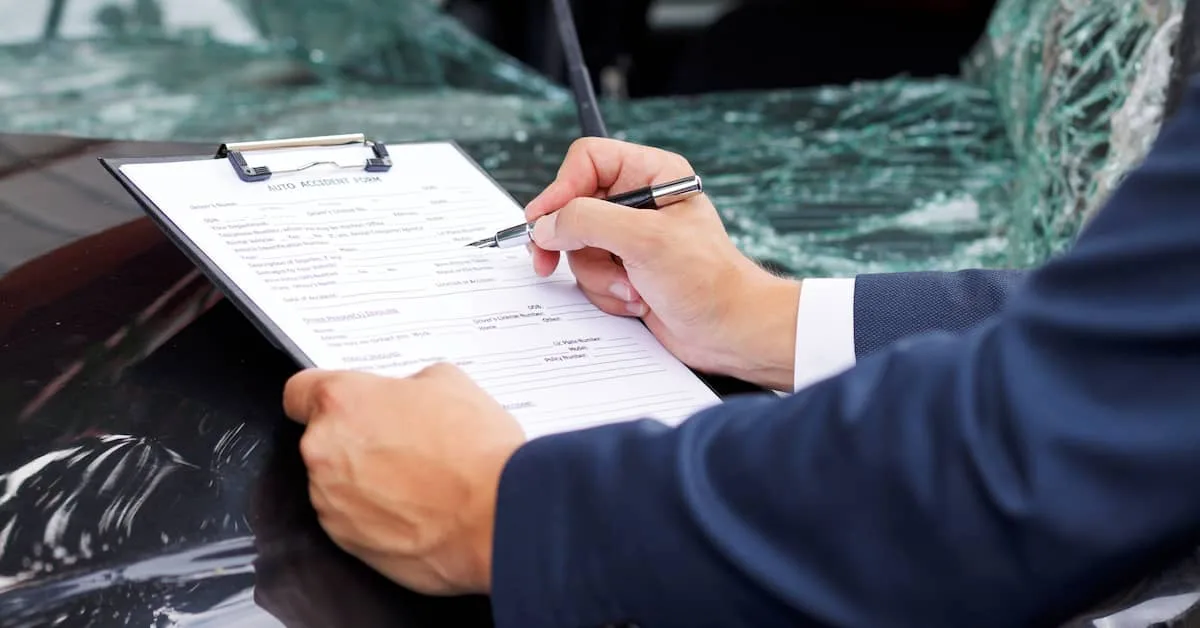Mon to Sun - 24/7 365
HomeWhat Happens During a Car Accident Trial? A Step-by-Step Guide
What Happens During a Car Accident Trial? A Step-by-Step Guide
Table of Contents
Toggle
When you’ve been involved in a car accident and decide to pursue litigation, the prospect of going to trial can be daunting. At Ehrlich & Naparstek Personal Injury Lawyers, we understand the stress and uncertainty that comes with legal proceedings. This article provides a clear, step-by-step breakdown of what to expect during a car accident trial, ensuring you’re prepared and confident as you seek justice.
The Phases of a Car Accident Trial
1. Jury Selection
- The trial begins with jury selection, also known as voir dire. During this phase, attorneys from both sides ask potential jurors questions to determine any biases or preconceived notions that may affect their judgment.
2. Opening Statements
- Once the jury is selected, both sides present their opening statements. Here, each attorney outlines their client’s case and what they believe the evidence will show.
3. Presentation of Evidence
- The plaintiff’s attorney (the party bringing the suit) presents evidence first. This can include witness testimony, accident reports, medical records, and expert testimonies to establish the defendant’s liability and the extent of damages caused.
4. Defense’s Turn
- After the plaintiff’s side rests, the defense has the opportunity to present their evidence and witnesses. Their goal is to refute the plaintiff’s claims and prove their client was not at fault, or that the damages are less severe than claimed.



